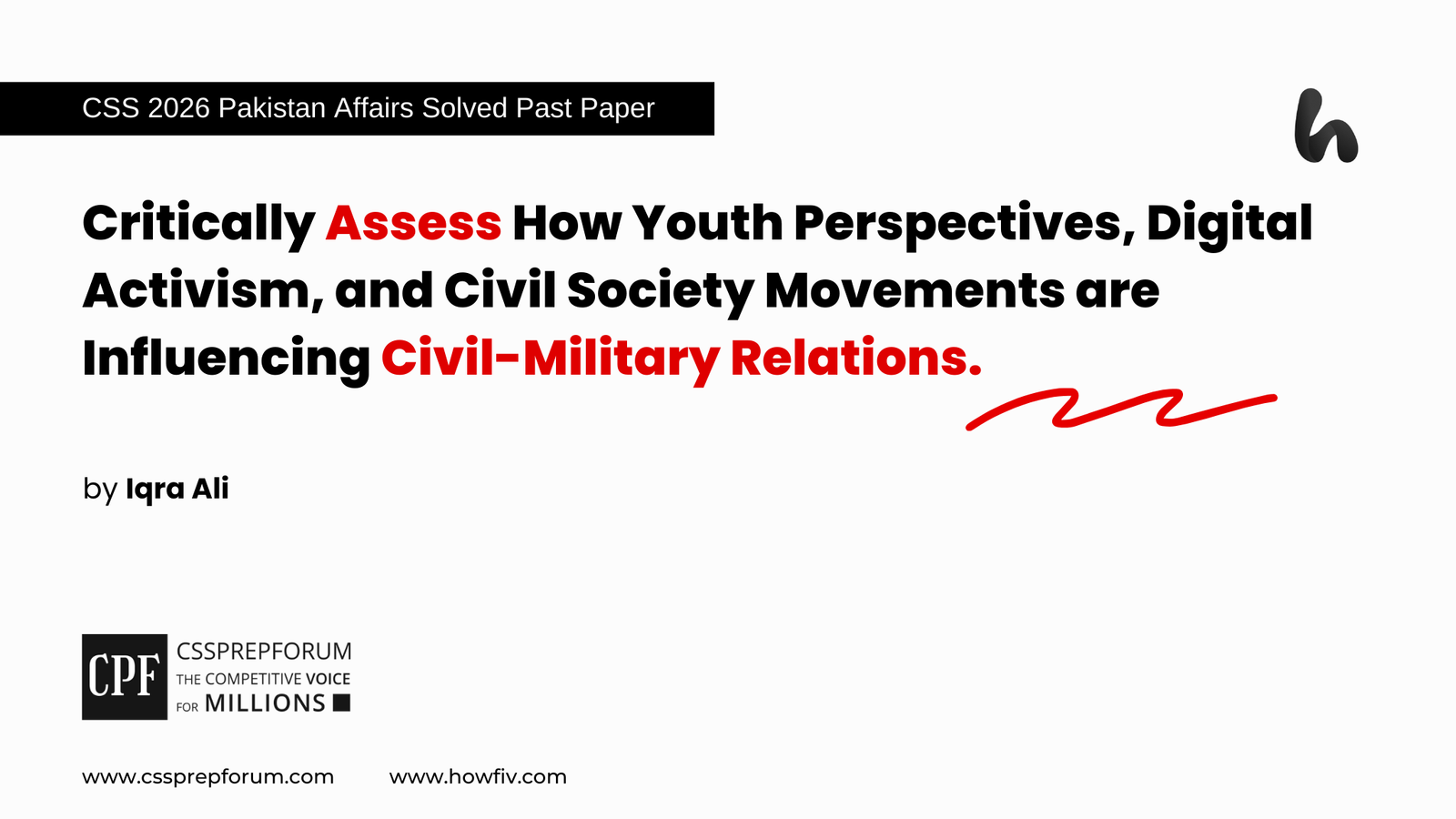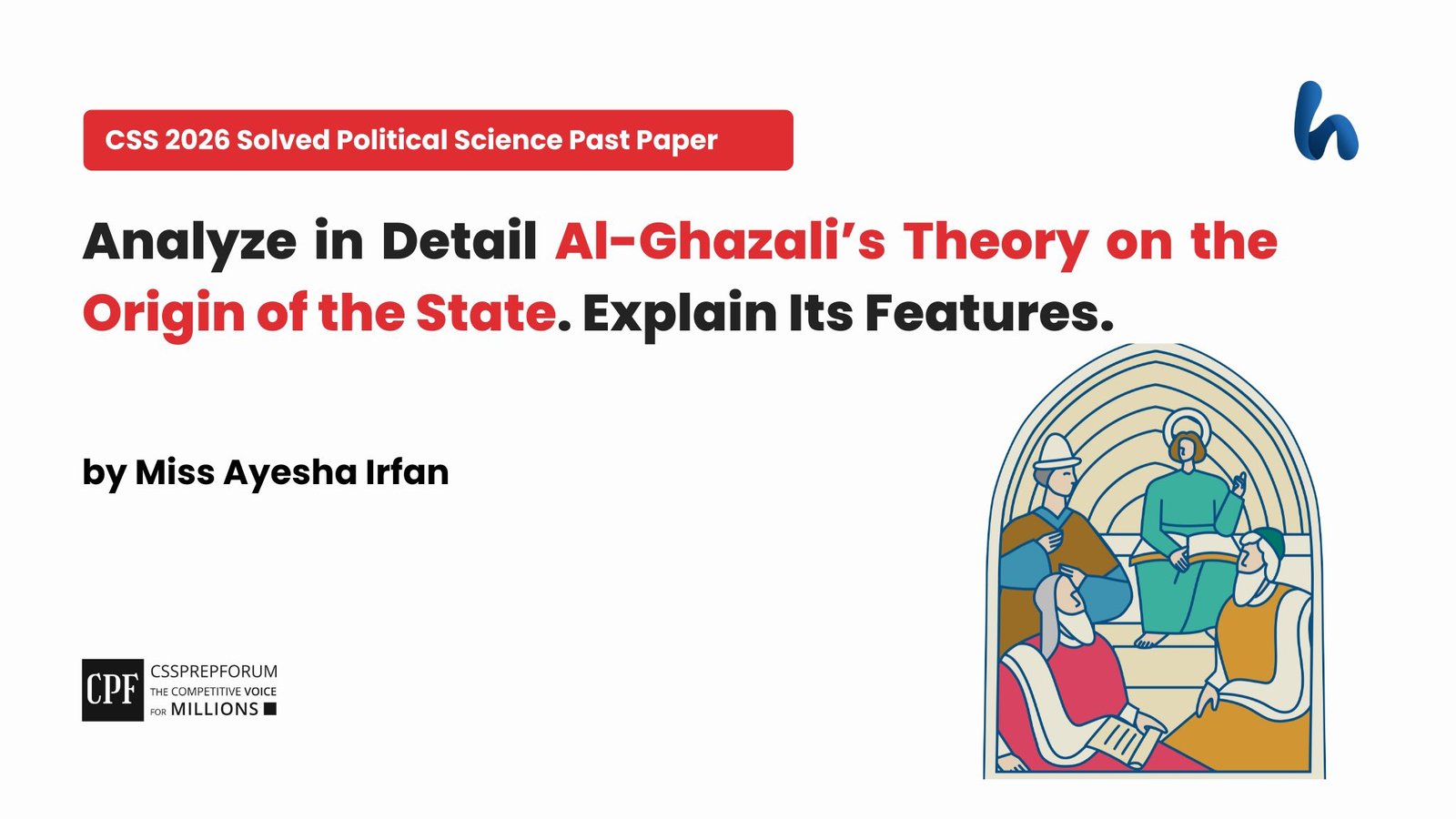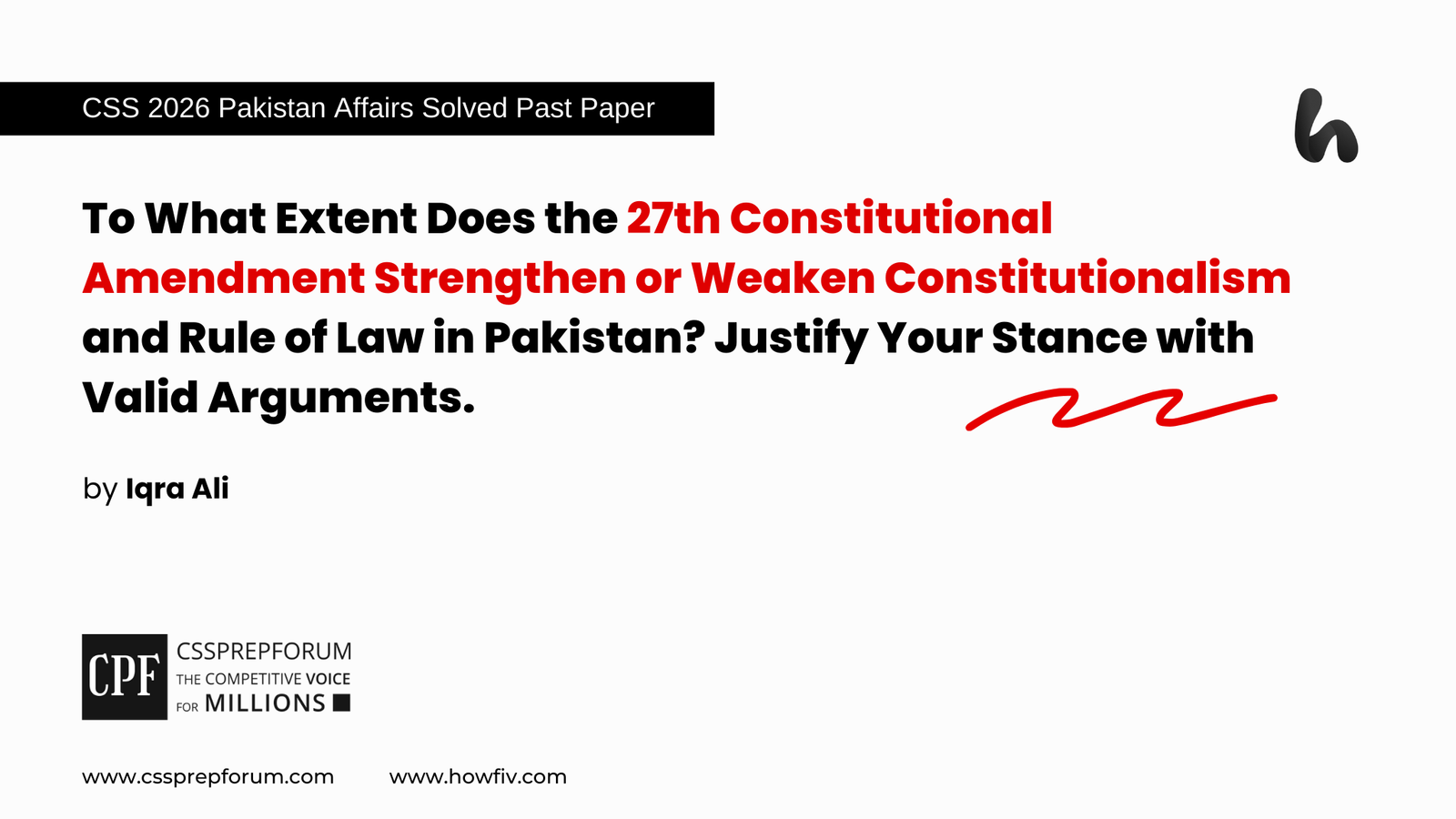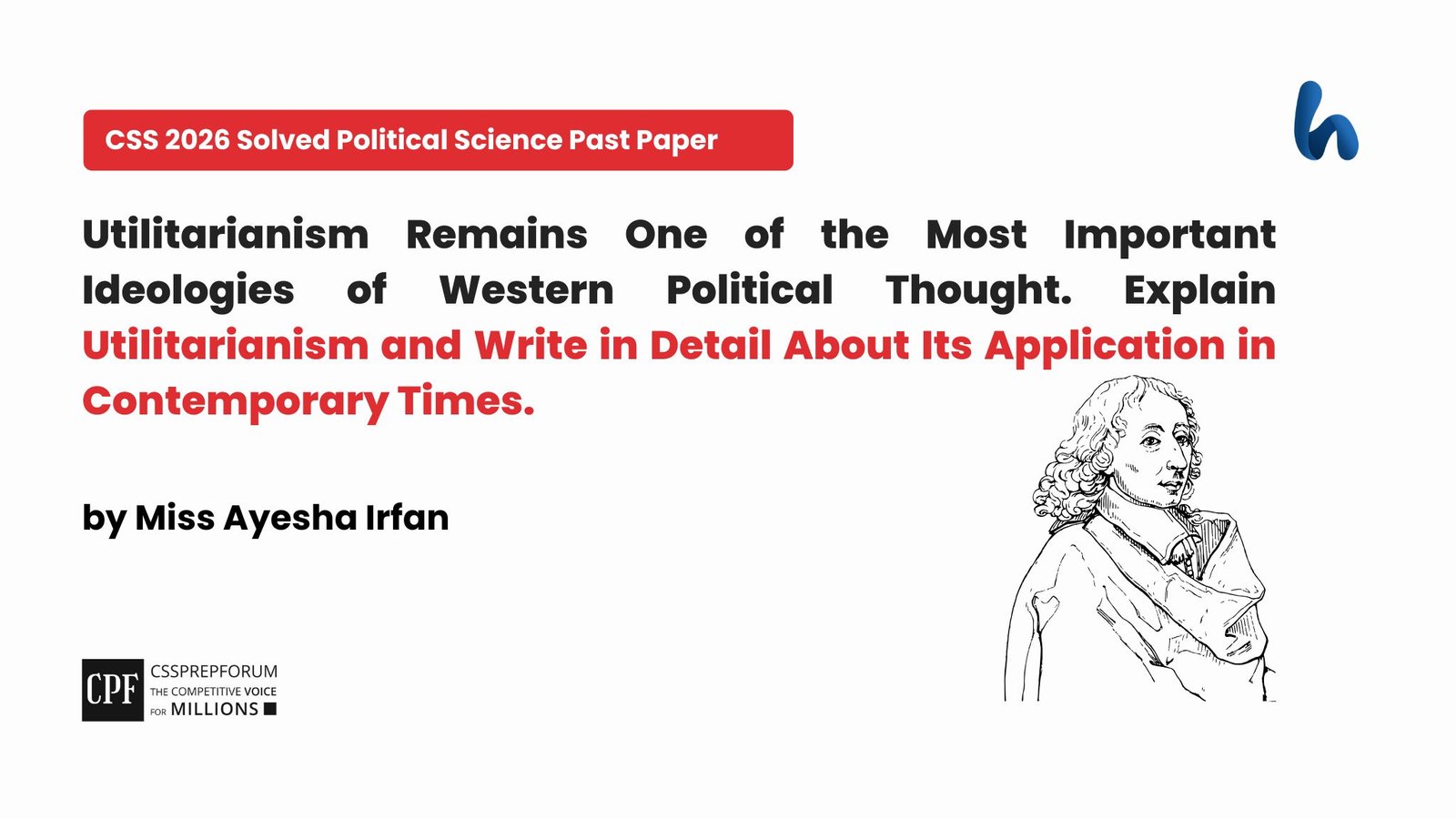The colon (:) is a punctuation mark that causes much confusion. As the British and American grammarians and writers use it differently, competitive aspirants and passionate English learners often use it inappropriately within sentences. To help my students and other English learners worldwide, I have explained the uses of colons in sentences in detail.
A colon is a punctuation mark (:) that we use to introduce a list of items or to emphasize a statement. For example, ‘There’s only one thing she wants in her life: to be successful.’ In this sentence, the colon emphasizes the word ‘ successful‘. Moreover, the colon is also used to separate two independent clauses in a compound sentence when the second clause explains, expands upon or illustrates the first clause. For example, ‘I have a dream: that one day everyone across the world will be treated equally.’ In this sentence, the colon is used to introduce the second clause, which explains the dream. Next, a colon is also used to indicate ratios and proportions. For example, ‘The ratio of boys to girls in my class is 2:1.’ In this sentence, the colon is used to show the proportion of boys to girls in my class. In short, a colon is used for many purposes, such as introducing a quotation or indicating time.
There are many uses of colons in the English language. They are used in the following ways:
- To introduce a list of nouns or phrases in sentences
- To introduce quotations in sentences
- To set off a second independent clause in a compound sentence
- To introduce a series of related questions
- Between titles
- After the salutations in business letters and memos
- To set off numbers and addresses

Rule-1
Colons (:) Introducing Lists of Nouns and Phrases
The colon is used to introduce a list of items, such as nouns, noun phrases, gerunds, gerund phrases, infinitives, infinitive phrases, or verb phrases.
Important Points
- In this case, the colon always answers the following words such as “Namely”, “For Example”, “That Is”, “That Are”, or “To”.
- Remember, when we introduce a list of words or phrases after the colon, we do not capitalize the first letter of the word in the list.
- We do not use colons after the verb or infinitive phrase. We always need a noun or a noun phrase immediately before the colon. To understand this concept, see the examples given hereunder.
Examples
- ✓ The ingredients
included:salt, butter, and flour. (incorrect) - ✓ The ingredients included the following: salt, butter, and flour. (correct)
- ✓ My wife told me
to buy:a box of crackers, a cake of soap, a package of toilet paper, and a sack of flour. (incorrect) - ✓ My wife told me to buy four things at the store: a box of crackers, a cake of soap, a package of toilet paper, and a sack of flour. (correct)
Practice Examples
- ✓ The ingredients included the following: salt, butter, and flour.
- In this example, the colon has introduced a list of nouns.
- ✓ My teacher, Sidra, will surely require a few things on the first day of class: two black ball pens, a notebook, and a projector.
- In this example, the colon has introduced a list of noun phrases.
- ✓ We were left with only two choices at that time: run away or fight then.
In this example, the colon has introduced a list of verb phrases. - ✓ There are many reasons to start volunteering: to help others, to beat boredom, to learn a new activity, and to gain a new perspective on life.
In this example, the colon has introduced a list of infinitive phrases. - ✓ Sarah has been a civil servant for years and has done two things all her life: helping the poor to live peacefully and getting the unheard heard by the higher authorities.
In this example, the colon has introduced a list of gerund phrases. - ✓ My wife told me to buy four things at the store: a box of crackers, a cake of soap, a package of toilet paper, and a sack of flour.
- ✓ She always wants to see three cities in Pakistan: Lahore, Islamabad, and Karachi.
- ✓ My teacher taught me three important things starting with the letter P: passion, profession, and personality.
- ✓ The studies took place in the following animals: mice, cats, fruit flies, and alligators.
- ✓ Sir Syed Kazim Ali helps his students cover many of the fundamentals in his writing class: grammar, punctuation, style, and voice.
- ✓ The central theme of the novel is something we’ve all experienced: grief.
Rule-2
Colons (:) Introducing Quotations in Sentences
Unlike a comma that is needed to introduce a quotation after a dependent clause, a colon is used to introduce quotations after an independent clause. Remember, we always capitalize the first letter of the sentence or clause coming in the quotation.
Practice Examples
- ✓ She replied the following: “Yes, indeed!”
- ✓ When I asked her repeatedly, she shouted a word only: “Yes!”
- ✓ Her mother whispered the following: “Take that girl away.”
- ✓ Danish screamed at once upon watching all his friends jumping: “Oh, no!”
- ✓ The President always said the same thing: “Elect me, and I will change your fate.”
- ✓ This was first said by Allama Muhammad Iqbal: “To abjure one’s pleasures is self-abnegation.”
- ✓ The main character in the novel said the following: “Work hard to play hard.”
- ✓ Alia went to great lengths to stress this: “Kindness never fades.”
- ✓ Alia shouted the following words: “No, no way!”
- ✓ She always repeats the same adage: “Boys will be boys.”
- ✓ Danish screamed at once upon watching all his friends jumping: “There is no way I will jump into the river.”
- ✓ Alia said it best to help her colleagues learn a lesson: “When in doubt, tell the truth.”
- ✓ Her lectures always gave us the same advice: “Leave the wrong people, or they will leave you alone.”
- ✓ He approached a monkey and said hello, monkey, “Would you like to be my friend?”
- ✓ Her lectures always gave us the same advice: “Leave the wrong people, or they will leave you alone.”
- ✓ He approached a monkey and said hello, monkey, “Would you like to be my friend?”
- ✓ Consider the words of John F. Kennedy: “Ask not what your country can do for you; ask what you can do for your country.”
- ✓ She feels frustrated by Danish’s response: “Is there someone else that we can talk to?”
- ✓ If you would like to improve your speaking, reading, or writing skills, Sir Syed Kazim Ali is always here to help you work smarter, learn faster, and do better: “And you will definitely succeed.”
- ✓ In 2023, the President of Pakistan recognizes the healthcare needs of so many citizens: “A future of hope and opportunity requires that all our citizens have affordable and available health care.”
Important Points
Important Point-1
Suppose there is a sentence in which the first clause is an independent clause; we prefer using the colon (Not the comma).
Examples
- ✓ She replied the following: “Yes, indeed!”
- ✓ When I asked her repeatedly, she shouted a word only: “Yes!”
- ✓ Her mother whispered the following: “Take that girl away.”
- ✓ Danish screamed at once upon watching all his friends jumping: “Oh, no!”
- ✓ The President always said the same thing: “Elect me, and I will change your fate.”
Important Point-2
Suppose there is a sentence in which the second clause is an independent clause or the quotation itself is a complete sentence; we prefer using the colon (Not the comma).
Examples
- ✓ She always repeats the same adage: “Boys will be boys.”
- ✓ Danish screamed at once upon watching all his friends jumping: “There is no way I will jump into the river.”
- ✓ Alia said it best to help her colleagues learn a lesson: “When in doubt, tell the truth.”
- ✓ Her lectures always gave us the same advice: “Leave the wrong people, or they will leave you alone.”
- ✓ He approached a monkey and said hello, monkey, “Would you like to be my friend?”
- ✓ She had sage advice for the singer: “Close your eyes and pretend you’re dead.”
Important Point-3
If the first clause of the sentence is a dependent one or not giving the proper meaning, we use a comma (Not the colon) before the quotation.
Examples
- ✓ The teacher shouted, “I am not going to ask you again to be quiet.”
In this sentence, the first clause is not giving the proper meaning and requires a quotation to give a complete thought. That is why we have used a comma (Not the colon). - ✓ The importance of English communication skills is best expressed by Sir Syed Kazim Ali, who says, “The better you communicate, the higher the chances of success.”
In this sentence, the first clause is not giving the proper meaning and requires a quotation to give a complete thought. That is why we have used a comma (Not the colon). - ✓ The reviewer said, “When I asked her where she got such vocal power, she didn’t reply.”
In this sentence, the first clause is not giving the proper meaning and requires a quotation to give a complete thought. That is why we have used a comma (Not the colon). - ✓ The reviewer said, “When I asked her where she got such vocal power, she said, ‘It was a gift from God.’”
In this sentence, the first clause is not giving the proper meaning and requires a quotation to give a complete thought. That is why we have used a comma (Not the colon).
When to use a colon or comma?
If you have taken my lecture on punctuation or the extensive English essay and precis course, you might have already memorized and practised the concept in your writing. However, many competitive aspirants usually find it challenging to keep the subtle difference when placing the comma or colon before the quotation. Let me make it simple for you guys.
Many students and writers often do not understand whether they should go for a comma or a colon to introduce a quotation. The good thing is you must learn the concept I have explained above. If you cannot retain it, in reality, it really doesn’t matter. Both the colon and comma are perfectly acceptable before a quotation. However, if you still want to take your written expression to the next level and cannot retain the above rules, remember: “If the quotation is less than seven to eight words, use a comma before it. Contrarily, if the quotation is anything longer than that, use a colon.”
Examples
- ✓ He approached Alia and reluctantly asked, “Would you mind my talking to you?”
In this sentence, the words in the quotation are fewer than eight; that is why we have used the comma. - ✓ He nervously questioned Alia, “Will you marry me?”
In this sentence, the words in the quotation are fewer than eight; that is why we have used the comma. - ✓ The teacher shouted, “I am not going to ask you again to be quiet.”
In this sentence, the words in the quotation are more than eight; that is why we have used the colon.
When to Skip Comma and Colon?
First, if the quotation is introduced by a conjunction, such as “That”, “Whether”, or “If”, we do not place commas or colons before the quotations.
In this case, we do not capitalize the first letter of the phrase or clause coming in the quotation.
Examples
- ✓ Alia is constantly reminding us that “winter is coming.”
- ✓ She wonders whether “we have grown so much to understand the world.”
Second, we do not use colons after the following: “For Example”, “For Instance”, “Such As”, “That Is”, “Which Is”, “Namely”, “Like”, or “Unlike”.
Examples
- ✓ There are many ways to flavour a cake, for example, with vanilla, lemon or orange zest, or cinnamon.
- ✓ Cakes made with grated vegetables, namely carrot cakes and zucchini cakes, stay moist for days.
Third, if we highlight any word or a group of words that is part of the same clause, we do not place commas or colons before them.
In this case, we always place quotation marks inside the period, and we do not capitalize the first of the word or phrase. However, if the first letter of the word is a proper noun, or the word is an acronym, we always capitalize them.
Examples
- ✓ It was the sixth time Alia called Danish “girl”.
- ✓ Philosophers and scientists tend to speak as if “Scientific Language” were inherently meticulous.
Rule-3
Colons (:) Setting off the Second Independent Clause
We use a colon to separate two independent clauses in a sentence when the second independent clause provides more information or exemplifies the first clause. In this case, we do not capitalize the first letter of the second clause.
Examples
- ✓ He wanted us to remember: two cannot play the same game.
- ✓ Ali called his wife and asked her to pick him up from the hospital: he was feeling much better.
- ✓ You should never forget this point: think before you speak.
- ✓ Iqra wanted to know why I didn’t respond to her text: I hadn’t received it.
- ✓ The shops reminded me of my childhood vacations: both were on the beach.
- ✓ Sumaira had the plan all worked out: she would take Mr Ali out to dinner for her birthday.
- ✓ I love going to the movies: action movies are usually my preference.
- ✓ Studies show that global warming continues to harm the environment: more ice caps are melting as temperatures continue to increase.
- ✓ Alia had to admit what was already obvious to her roommates: she was allergic to the cat.
- ✓ Essays by the CSS and PMS aspirants will become briefer if they understand the one principle: examiners grade marks to those aspirants who write quality arguments.
Rule-4
Colons (:) Introducing a Series of Related Questions
We use a colon (Not the comma)to introduce a series of related questions. In this case, we capitalize the first letter of each question.
Examples
- ✓ Zoya started to worry about the following questions: Would her brother remember to pick up the cake? Would the guests arrive in time or on time? And what would she do if the guests wanted to go home immediately after the dinner?
- ✓ Thousands of competitive aspirants become curious and start searching: How to prepare for the CSS and PMS examinations? Who is the best English essay and precis teacher? What are the best sources available online that can help them prepare well? And what is the best way to attempt an essay?
Rule-5
Colons (:) Coming Between Titles, Chapters, and Verses
We use colons between titles and between chapters and verses for reference.
Examples
- ✓ Global Politics: International Relations
- ✓ World trade: Trade policies of China
- ✓ The Lord of the Rings: The Fellowship of the Ring
- ✓ Surah Ali ‘Imran 3:1-9 is a very well-known surah in the Holy Quran.
Rule-6
Colons (:) Coming after the Salutations in Business Letters and Memos
We use colons in business letters and memoranda.
Examples
- ✓ Dear Mr Ali:
- ✓ To:
- ✓ To Whom it May Concern:
Rule-7
Colons (:) Setting off Numbers and Website Addresses
We use colons to show clock times to separate hours from minutes (9:53 a.m.), ratios (3:1), and website addresses (http://www.cssprepforum.com).
CSS Solved Past Papers’ Essays
Looking for the last ten years of CSS and PMS Solved Essays and want to know how Sir Kazim’s students write and score the highest marks in the essays’ papers? Then, click on the CSS Solved Essays to start reading them.
CSS Solved Essays

CSS Solved General Science & Ability Past Papers
Want to read the last ten years’ General Science & Ability Solved Past Papers to learn how to attempt them and to score high? Let’s click on the link below to read them all freely. All past papers have been solved by Miss Iqra Ali & Dr Nishat Baloch, Pakistan’s top CSS GSA coach having the highest score of their students.
General Science & Ability Solved Past Papers
CSS Solved Pakistan Affairs Past Papers
Want to read CSS Pakistan Affairs Solved Past Papers and learn how to attempt them to score high? Let’s click on the link below to read them all freely. All past papers’ questions have been attempted by Sir Kazim’s students, who scored the highest in the subject.
CSS Solved Pakistan Affairs
CSS Solved International Relations’ Past Papers
Have you opted for International Relations in the CSS examination and want to score above 150? Then, click on the CSS Solved International Relations’ Past Papers by Miss Abeera Fatima, the top IR scorer and the best IR coach in Pakistan.
CSS Solved International Relations Past Papers
Articles Might Interest You!
The following are some of the most important articles for CSS and PMS aspirants. Click on any to start reading.











